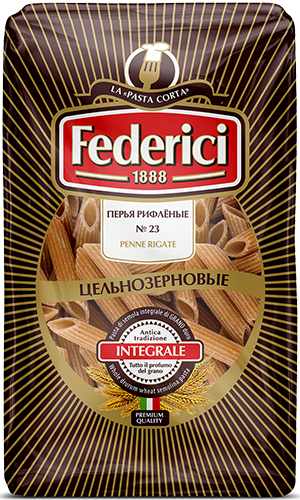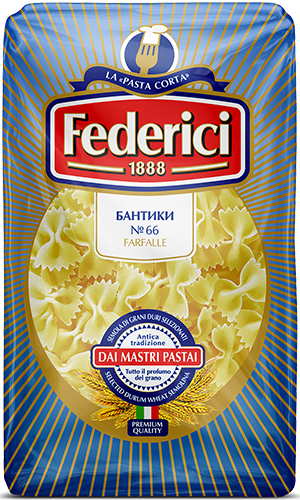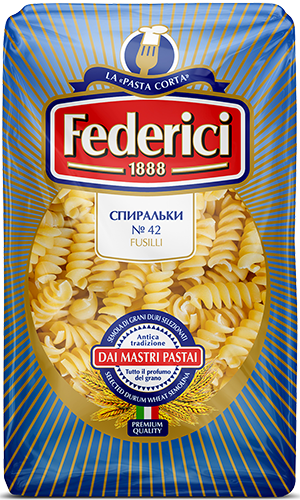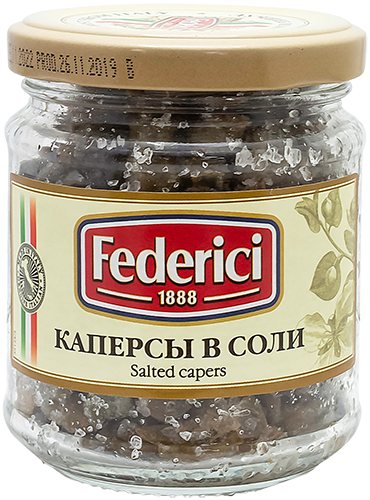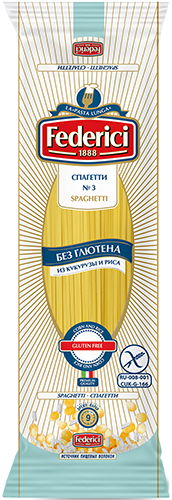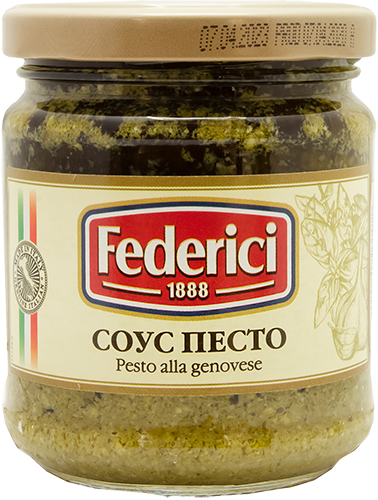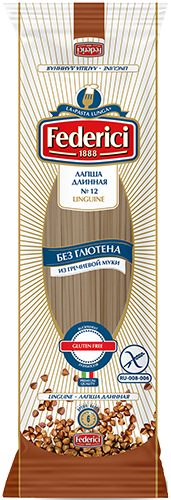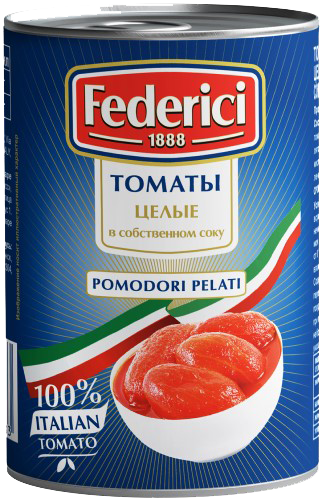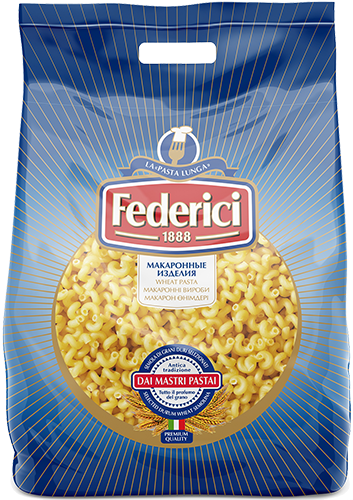


Pasta, a symbol of Italian cuisine, is a starchy food traditionally made from durum wheat flour, water, or eggs. It is shaped into various shapes, boiled in boiling water, and served as a side dish with meat or fish, along with delicious sauces.
Is pasta healthy or unhealthy? It’s high in carbohydrates, which can be detrimental if eaten too often. Pasta contains gluten, a protein that is unsuitable for those with gluten intolerance. On the other hand, pasta may contain some important nutrients (fiber, magnesium, zinc, phosphorus, and copper).
Types of Pasta
Before deciding whether pasta is healthy for your diet, it’s important to understand the different types used in cooking.
White Pasta
White pasta is the most commonly consumed. It is made from refined flour, which strips the wheat grain of its bran and germ, removing most of its nutrients. This can lead to a decreased feeling of fullness after eating compared to other fiber-rich pasta varieties.
Enriched Pasta
Sometimes refined pasta is enriched with certain nutrients, such as vitamins B, E, or iron.
Whole Grain Pasta
Whole wheat pasta, which contains all parts of the grain, is also available. Whole grain pasta is typically rich in fiber, manganese, selenium, copper, and phosphorus, contains fewer calories per 100 grams, and has a higher satiety index than refined pasta.
Benefits or Harms?
Overweight people who are dieting often limit their pasta intake. Some believe that this product is too high in calories and inevitably leads to weight gain. But the situation is not so clear-cut. Italians, for whom pasta is practically a cult food, are not often overweight. So what are the benefits and harms of pasta for the human body?
The Benefits of Pasta
The calorie content of durum wheat pasta is 300-350 kcal per 100 g. It is rich in nutrients and vitamins (B1, B2, B9, E, and PP). Its high fiber content helps remove toxins and heavy metals from the body, providing a feeling of satiety for a long time.
Based on research confirming the benefits of durum wheat pasta, modern nutritionists have developed a special “Mediterranean diet.” A healthy diet that includes pasta not only helps you lose weight but also reduces the risk of cardiovascular disease and diabetes. When combined with vegetables, lean meat or fish, and olive oil, high-quality pasta becomes a valuable dietary product.
Another benefit of pasta is its complex carbohydrates. One serving of pasta contains up to 60% of the daily carbohydrate intake required by an adult. When processed in the body, complex carbohydrates provide a valuable source of energy necessary for daily activities. However, they don’t raise blood sugar levels.
So why, with so many benefits, is pasta considered unhealthy, especially for those prone to obesity? This is primarily because no one eats pasta simply boiled in water. Meat and creamy sauces, fatty meats, and seafood, which are generously served with pasta, are a significant source of calories and can lead to excess weight gain.
Is pasta harmful?
While trying to be objective in determining the benefits and harms of pasta for the body, it’s important to keep in mind some limitations. Refined pasta, which contains less fiber and a lot of simple carbohydrates, can pose a risk for:
diabetics or those prone to developing this disease. Therefore, diabetics are advised to moderate their carbohydrate intake and eat plenty of fiber. Whole-grain pasta slows the absorption of sugar into the bloodstream and helps maintain stable blood sugar levels;
patients with metabolic syndrome, a condition that increases the risk of cardiovascular disease. This is caused by consuming large amounts of simple carbohydrates from starchy foods;
obese individuals – consuming foods with a higher glycemic index (a measure of how quickly they raise blood sugar) is associated with weight gain. Refined pasta has a higher glycemic index.
The presence of gluten in pastas can be a problem for people with celiac disease. These consumers should avoid wheat-based pasta. Gluten-free pasta made from brown rice and quinoa flour has been developed specifically for these individuals. Anyone without celiac disease can consume gluten-free pasta without any problems.
Our products
Мы стремимся предложить Вам наилучший сервис при работе с нашим сайтом. Для этого мы собираем и храним информацию о Вашем посещении сайта. Так называемые cookies. Файлы cookies не собирают и не хранят никакую личную информацию о Вас. Используя этот сайт, Вы даете согласие на использование cookies. На данном этапе Вы можете отказаться от использования cookies, настроив необходимые параметры в своем браузере.
